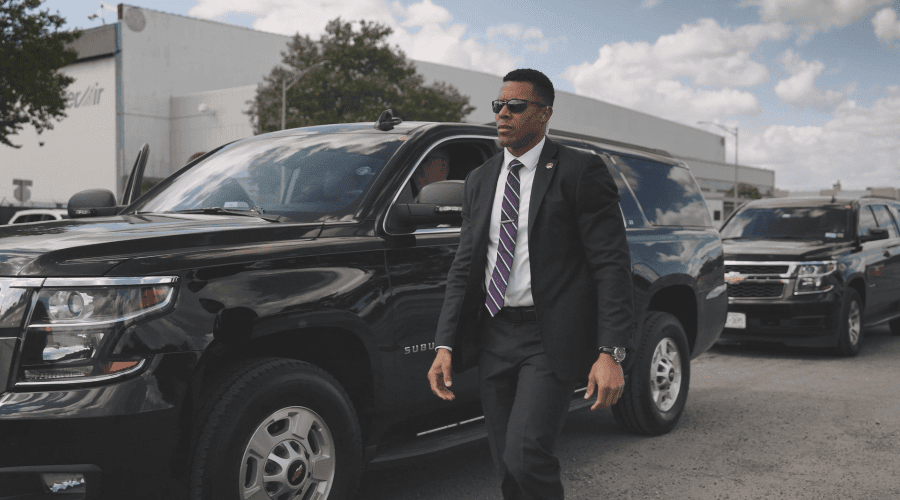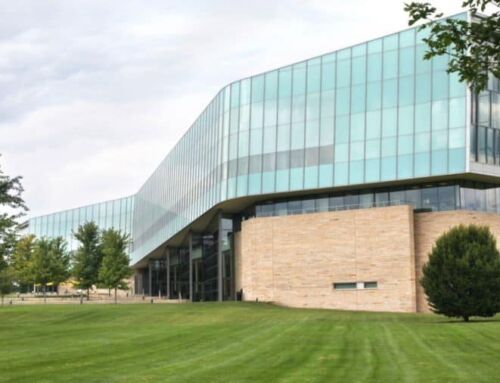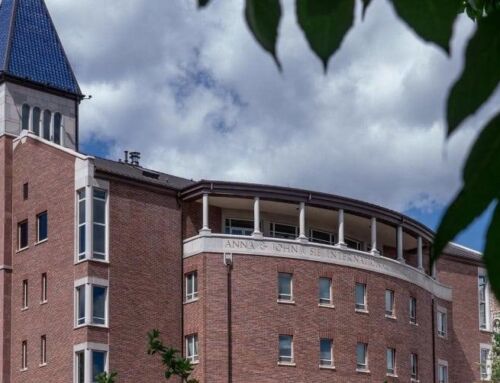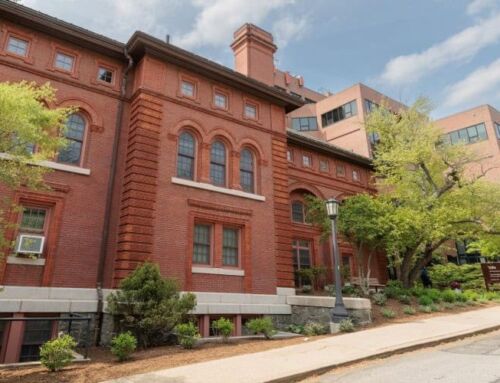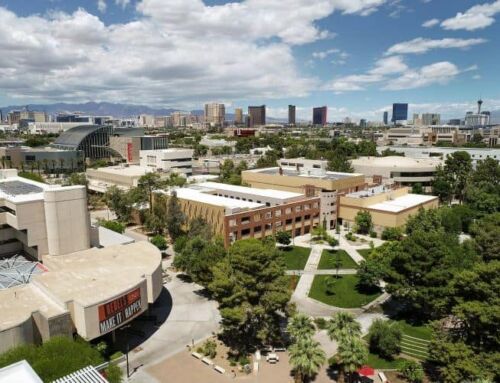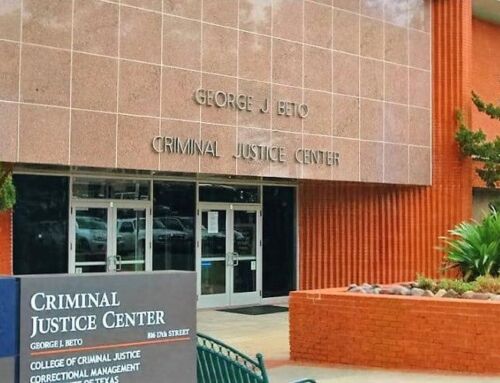This article was originally published on Axios DC and is reposted with permission. Discover more about the Diplomatic Security Service on our DSS Special Agent Career webpage and watch video interviews with DSS Special Agents on our videos page.
By Anna Spiegel, Axios, Washington, D.C.
Everyone knows the CIA and FBI. But there’s another three-letter agency in Washington with a massive global reach — and you may have never heard of it.
Why it matters: The Diplomatic Security Service (DSS), federal law enforcement that’s also like the Secret Service for the State Department, protects American diplomats, embassies, and consulates in over 170 countries — an increasingly important job as geopolitical tensions rise, warfare escalates, and safe spaces for diplomacy are more critical than ever.
Flashback: The division traces its origins back to 1916 when the bureau was founded in the shadow of World War I. After the 9/11 terrorist attacks, it began to play an even more critical role.
Zoom in: The program, which also protects visiting dignitaries across the U.S., starts in our region. Special agents are trained at the massive, $426 million Foreign Affairs Security Training Center in Blackstone, Va., which accommodates around 10,000 students per year.
- The campus, equipped with high-speed anti-terrorism driving tracks, a tactical maze, explosive simulation spaces, and much more, is where special agents learn the hard and soft skills needed for the job — everything from vehicle ramming and long firearm training, to de-escalation tactics and new languages.
The intrigue: DSS wants to become more of a household name. One reason why? They’re always hiring.
- DSS has more than 2,500 Foreign Service employees worldwide and a variety of positions — special agents, yes, but also security engineering officers, tech and cyber specialists, and diplomatic couriers.
- Prince William and Princess Kate visiting Washington? DSS provides a security detail. A historic embassy in Rome needs a security overhaul? DSS is on it. A highly classified document needs to get to Hong Kong yesterday? DSS is carrying it.
What they’re saying: “We protect people, we protect information, and we protect our property overseas,” Karen Brown Cleveland, the special agent in charge of the Washington Field Office, tells Axios.
- “We’re unique in that we’re sworn federal law enforcement officers, but we’re also diplomats. We create the conditions for diplomacy to happen.”
Zoom in: The field office near Tysons, among the largest of over 30 posts across the country, houses a critical division that combats passport and visa fraud. The initial crime is often linked to more serious offenses like human trafficking, drug and gun smuggling, and terrorism.
The latest: Fake passport cards. DSS is currently fighting a spike in fraud involving these cards, which are only used by about 25% of passport holders.
- Passport cards — which look similar to driver’s licenses and are more common in border states where people frequently country-hop — are often tied to financial crimes, like a recent $1.9 million bank fraud scheme. “A lot of people aren’t aware of what a passport card looks like, so it’s really hard to detect fakes,” one special agent tells Axios.
- Special agents are training the financial sector, local police, and foreign governments to assess passports and cards for features not obvious to the untrained eye, including complex holograms, microprinting, specialized inks, and textured artwork.
What’s next: DSS is headed to the summer Olympics, where they protect U.S. athletes. In D.C., prepare to see a lot of DSS at the NATO summit in July.
- “They’ll have the earpieces, the clean-cut, athletic look,” DSS public affairs specialist Eric Weiner tells Axios. “There are also different [ways] that we use to identify each other — but we can’t go into details. If you’re in the know, you’re in the know.”

